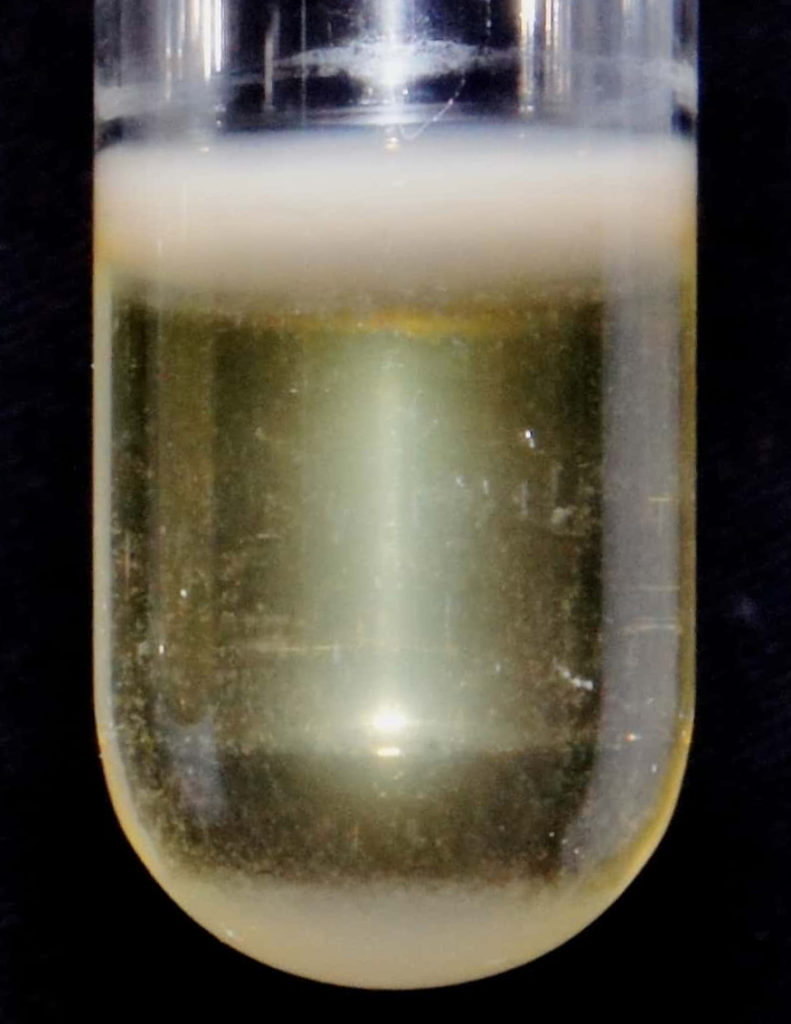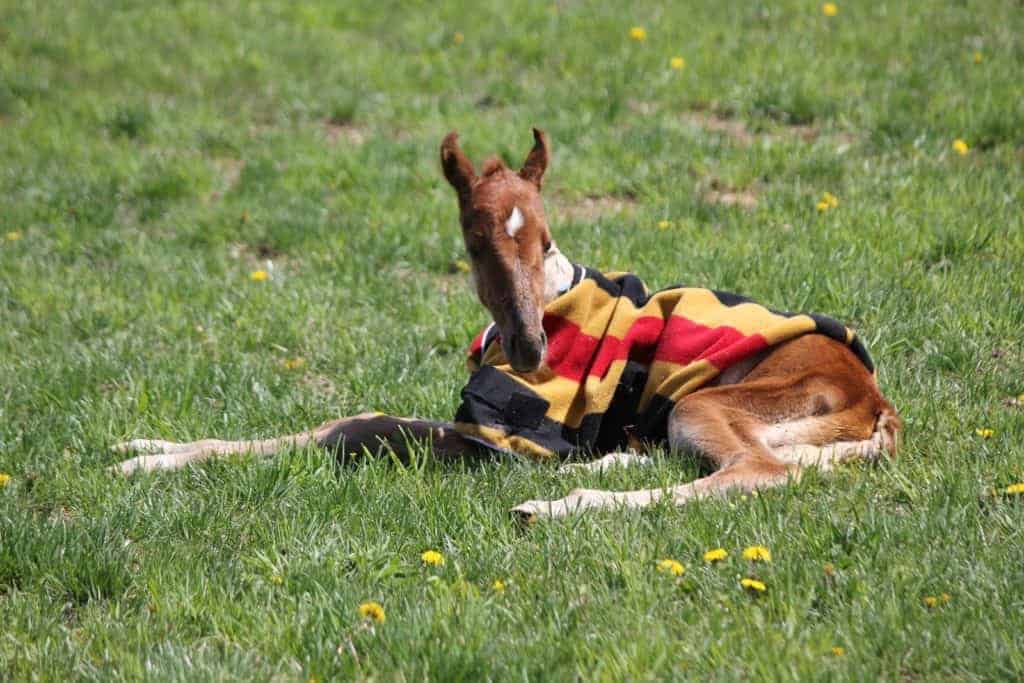
Feeding the Orphan Foal
Orphan foals raised with a correct balance of nutrients and monitored for growth, food consumption, and weight gain can be every bit as tall, strong, and athletic as foals raised by their dams.
Horse breeding from planning through foal care

Orphan foals raised with a correct balance of nutrients and monitored for growth, food consumption, and weight gain can be every bit as tall, strong, and athletic as foals raised by their dams.

Pregnant mares consuming large numbers of Eastern tent caterpillars caused staggering early- and late-term foal losses and weak foals during the mare reproductive loss syndrome (often referred to as MRLS) outbreak of 1999-2001.

Disease caused by EHV-1 can be mild or more severe, including late-term abortion in pregnant mares.

The information on your youngster’s feed tag is designed to help you make important feeding decisions.

Rotavirus is a leading cause of diarrhea in foals up to six months of age at breeding farms worldwide.

Veterinarians share their recommendations for managing orphan foals, including diet challenges and behavior issues.

From infectious disease to microbial imbalance in the gut, causes of chronic diarrhea in horses run the gamut. And, veterinarians agree, finding a solution should be a methodical trial-and-error process.

Recognizing and treating club feet in young horses can help them succeed in their intended discipline and, ultimately, prevent lifelong hoof complications.

Is there any proof than chestnuts are more hot-blooded than horses of different colors? An equine behaviorist weighs in.

The transition from baby to permanent teeth often goes smoothly, but issues can arise along the way.

The transitional period between anestrus and estrus is officially complete once a mare has had her first heat of the year. Getting some mares to this point, however, and deciding when to breed them can be tricky.

Dr. Rob MacKay shared presented research on ice boots and cryotherapy for laminitic horses, R. equi and insect bit hypersensitivity vaccines, EPM, and more.

Dr. Regina Turner shares the results of studies on antimicrobial options for metritis, treating blocked oviducts, estrus lengths and pregnancy rates, colic surgery in broodmares, and more.

One veterinarian has confirmed that a combination of drugs can disrupt biofilms in mares with endometritis, potentially making the uterus a happier place for embryo attachment and pregnancy.

Scientists categorize dwarfism in horses as being either proportional or disproportional, but both types are caused by genetic mutations.

Your horse needs a strong immune system to stand up to the challenges that come with living outdoors, commingling with other equids, and more. Critical to that immune system are infection-fighting proteins called antibodies (immunoglobulin G, or IgG). How much do you know about your horse’s IgG levels?
Stay on top of the most recent Horse Health news with
"*" indicates required fields